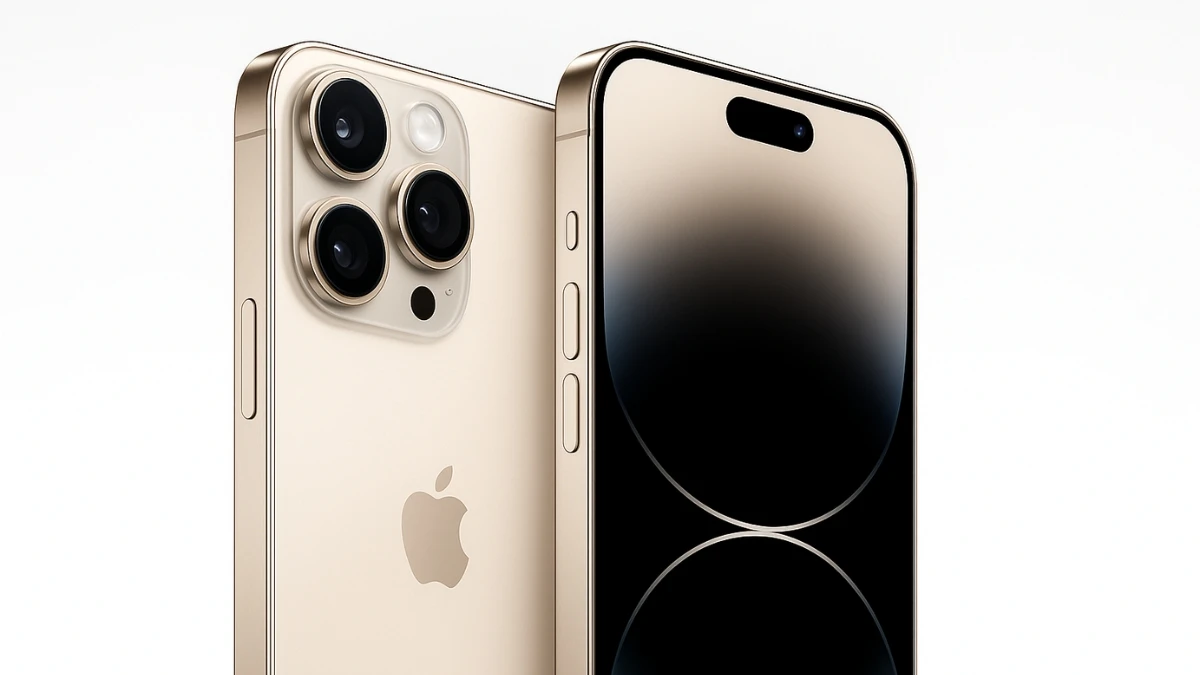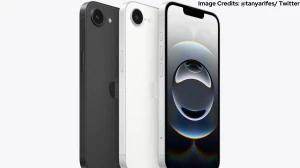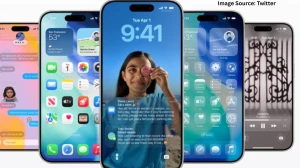iPhone 18 Series: Camera Changes and Launch Delays on the Horizon
Apple's rumored iPhone 18 series is already generating buzz, though we're still waiting for the iPhone 17 lineup expected this September. Recent leaks suggest significant changes could be coming to both the Camera Control feature and Apple's traditional release schedule.
Camera Control Redesign in the Works
Multiple sources indicate Apple plans to retain the Camera Control feature for the iPhone 18 series, but with a simplified design. According to Weibo leaker Instant Digital, who has a track record with iPhone predictions, the company may remove the capacitive sensor layer while keeping pressure-sensing functionality.
The current iPhone 16's Camera Control uses both capacitive and pressure sensors beneath a sapphire crystal surface. The capacitive layer handles touch gestures, while pressure sensors detect different force levels for taps, presses, and swipes.
The proposed change would streamline this to pressure-only detection, similar to implementations on devices like the Oppo Find X8 Ultra. This approach could potentially:
- Reduce manufacturing costs
- Simplify repair processes
- Maintain core functionality through pressure variations
Industry observers note that complex multi-sensor designs often increase both production expenses and repair complexity, which could explain Apple's apparent interest in simplification.
Potential Launch Schedule Changes
Reports from South Korean outlet ETNews suggest Apple may restructure its iPhone release timeline starting in 2026. The speculation centers on a split-phase approach where premium models (iPhone 18 Air, Pro, and Pro Max) would launch in fall 2026, while the standard iPhone 18 might debut in early 2027.
This rumored schedule shift could serve several purposes:
Production Management: Staggered releases might help Apple better manage manufacturing capacity and component sourcing across different price tiers.
Market Positioning: Launching premium models first could drive higher-margin sales during peak holiday seasons.
Foldable iPhone Integration: Some reports link this timing change to Apple's rumored entry into the foldable phone market, potentially requiring production line adjustments.
However, such a dramatic departure from Apple's established September launch tradition would represent a significant risk, particularly for consumers accustomed to annual upgrades at consistent times.
Technical Considerations
The Camera Control redesign reflects broader industry trends toward cost optimization without sacrificing user experience. Pressure-sensitive interfaces have proven effective in other devices, suggesting the functionality loss may be minimal.
Current Camera Control usage patterns aren't widely documented, making it difficult to assess how much the capacitive layer contributes to the overall experience. The feature's complexity has drawn mixed reactions since its iPhone 16 debut.
For the launch schedule changes, Apple would need to carefully manage supply chain coordination, marketing campaigns, and retail partnerships around a new timeline. The company has historically maintained consistent release windows to align with back-to-school shopping and holiday seasons.
Market Implications
If these changes materialize, they could signal Apple's willingness to prioritize operational efficiency over traditional patterns. The Camera Control simplification suggests practical engineering decisions based on manufacturing realities rather than feature additions for marketing purposes.
The staggered launch approach, if implemented, would test consumer loyalty and upgrade patterns. Buyers seeking the most affordable new iPhone would face longer wait times, potentially affecting purchase decisions and competitive positioning against Android alternatives.
Looking Ahead
These remain rumors and speculation about devices still years away from release. Apple's actual plans may differ significantly from current reports, and the company regularly tests various approaches before final decisions.
The iPhone 17 series, expected to launch this September following Apple's traditional timeline, may provide clues about the company's direction for future releases. Until then, these iPhone 18 discussions represent industry speculation rather than confirmed product details.
Apple has not officially commented on Camera Control changes or release schedule modifications for future iPhone generations.






